Marijuana Detox in Las Vegas with Clinical and Emotional Support
Contrary to popular belief, marijuana use can lead to dependence—and stopping can trigger withdrawal symptoms that disrupt your mood, sleep, and daily life. At BetterChoice Treatment Center, our compassionate, medically monitored marijuana detox program helps you safely and comfortably clear THC from your system while laying the groundwork for long-term recovery.
We provide private, structured detox in a luxury setting—because every form of addiction deserves serious, respectful care.
We Accept All The Major Insurances
Don’t see your insurance provider? Call us for a full list of insurances we accept (725) 299-4777








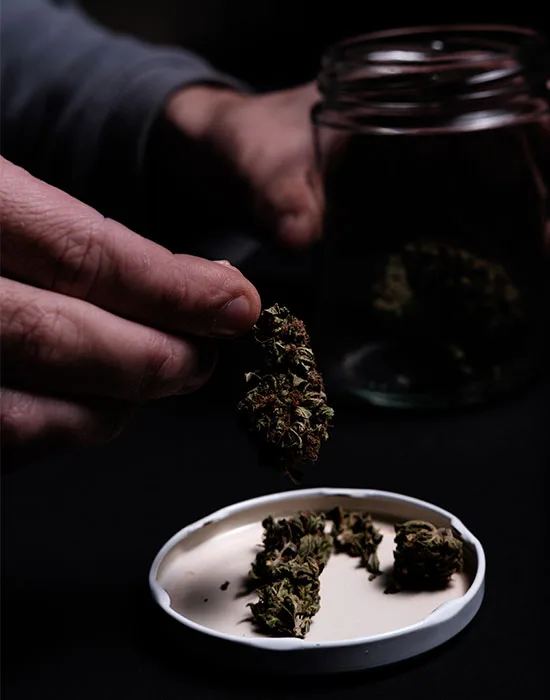
What Is Marijuana Addiction?
While marijuana is often viewed as a harmless or recreational substance, regular and prolonged use can lead to marijuana addiction, especially when it interferes with daily responsibilities or emotional well-being. Known clinically as Cannabis Use Disorder (CUD), this condition can cause physical dependence, withdrawal symptoms, and compulsive use.
At BetterChoice Treatment Center, our marijuana detox program helps individuals safely stop use and regain control—especially when tolerance and psychological dependence have developed.
Signs of Marijuana Addiction
- Using marijuana daily or multiple times per day
- Difficulty cutting back or stopping despite trying
- Cravings or strong urges to use
- Loss of interest in work, school, or social activities
- Using marijuana to cope with stress, anxiety, or sleep
- Feeling irritable, restless, or anxious when not using
Why Consider Marijuana Detoxification At BetterChoice
While marijuana is often perceived as harmless, long-term or heavy use can lead to dependence that impacts mental clarity, emotional health, and daily life. At BetterChoice Treatment Center, our medically supervised marijuana detox provides a structured, supportive path toward recovery. Here’s why detoxification can make all the difference:
Distance Yourself from Triggers
Trying to quit in the same environment where you developed the habit can make recovery more difficult. A change in setting helps remove daily stressors, peer pressure, and access to marijuana—giving you a clean slate to start healing.
Higher Success Rate
People who attempt to quit on their own often relapse due to cravings, mood swings, or lack of support. At BetterChoice, our structured detox environment and expert team increase your chances of success through round-the-clock care.
Get Personalized Medical Attention
Every journey to sobriety is different. Our licensed clinicians create a detox plan based on your unique health history, usage patterns, and psychological needs to help you detox safely and comfortably.
Long-term Support System
Detox is just the first step. We provide therapy, aftercare planning, and connections to continued treatment options so you’re never navigating recovery alone.
Holistic Treatment Approach
Healing is about more than just removing the substance—it’s about rebuilding your life. That’s why we integrate mindfulness, yoga, fitness, nutritional support, and emotional wellness therapies to help you recover fully—mind, body, and spirit.
What's Included In Our Program
At BetterChoice Treatment Center, our marijuana detox program is designed to help you feel safe, supported, and empowered from day one. We blend clinical expertise with a nurturing environment to ease withdrawal and lay the groundwork for lasting recovery. Here’s what you can expect:

Individual Therapy
Our licensed therapists work with you one-on-one to identify the emotional and psychological roots of marijuana dependency. Together, you’ll build healthier coping mechanisms and set goals for long-term sobriety.

Group therapy
You’ll connect with peers going through similar challenges in guided group sessions. These conversations foster a sense of belonging, reduce isolation, and help you learn from others in recovery.

Family Therapy Sessions
When appropriate, we invite families to participate in therapy to rebuild trust, improve communication, and provide tools for ongoing support after detox.
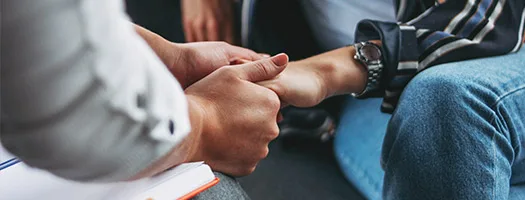
24/7 Supervision and Care
Detoxing from marijuana—especially after heavy use—can come with emotional swings and psychological discomfort. Our staff is available around the clock to ensure you’re safe, monitored, and cared for at every step.
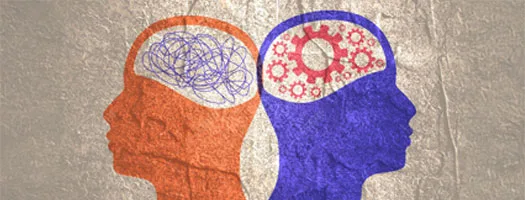
Dual Diagnosis
Many individuals who misuse marijuana also experience co-occurring mental health issues like anxiety, depression, or trauma. Our integrated care model treats both conditions together for more complete healing.
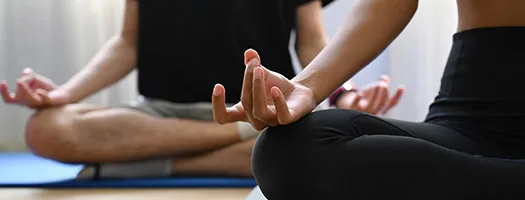
Lots of Fun Activities
Recovery doesn’t have to feel clinical. Enjoy access to yoga, fitness, nature walks, games, and more—designed to help you relax, reconnect, and rediscover joy without substances.
Marijuana Withdrawal Symptoms
What Are the Signs of Marijuana Withdrawal?
Marijuana withdrawal typically begins within 24–72 hours after the last use and may last up to two weeks or longer, depending on usage patterns.
Common symptoms include:
- Anxiety or mood swings
- Restlessness and irritability
- Insomnia or vivid dreams
- Headaches or low appetite
- Difficulty concentrating
- Cravings for cannabis
At BetterChoice, we help manage these symptoms through structured daily routines, nutritious meals, therapy support, and holistic practices that restore mental and emotional balance.

Why Marijuana Detox Matters
Yes, You Can Become Dependent on Marijuana
While marijuana may not carry the same physical danger during withdrawal as opioids or alcohol, chronic use—especially high-potency THC products—can create physical and psychological dependency. Many individuals experience agitation, sleep disruption, irritability, and emotional instability when they try to quit on their own.
At our marijuana detox center in Las Vegas, we help clients navigate this often-overlooked phase of recovery with structure, stability, and professional support.
What to Expect at BetterChoice
Supportive, Private Marijuana Detox in a Luxury Setting
- 198 Ebb Tide Cir, Las Vegas, NV 89123

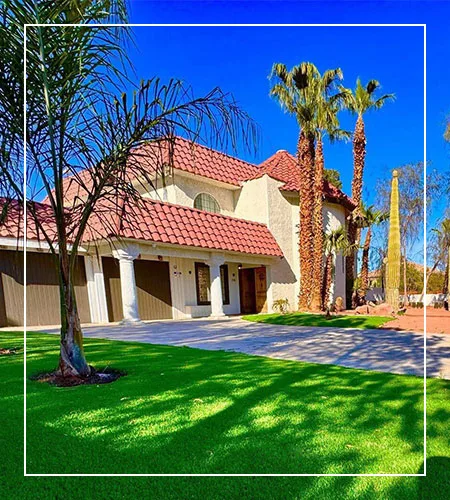
Our Las Vegas facility is more than just a detox center—it’s a retreat for physical and emotional renewal. Clients detox in a peaceful setting with upscale amenities, compassionate staff, and personalized care.
Amenities Included
- Nutritious, gourmet served meals
- Private or semi-private rooms
- Jacuzzi-equipped bathrooms
- Yoga, sound bath, and holistic wellness therapy, and massage
- Tropical pool, outdoor gardens, and quiet lounges
- Medical supervision 24/7
We’re more than a detox center—we’re a place to feel safe while you begin your new chapter.
What Comes After Detox
Transition into Rehab to Address the Root Causes
While detox helps clear THC from the body, true recovery also means understanding the emotional, behavioral, or mental health issues behind your marijuana use. At BetterChoice, we help you transition seamlessly into inpatient rehab where you’ll gain coping skills, therapeutic insight, and a strong support system.
Our Rehab Programs Include:
- Individual and group therapy
- CBT and DBT for emotional regulation
- Trauma-informed care
- Relapse prevention planning and aftercare
- Dual diagnosis support for co-occurring anxiety or depression
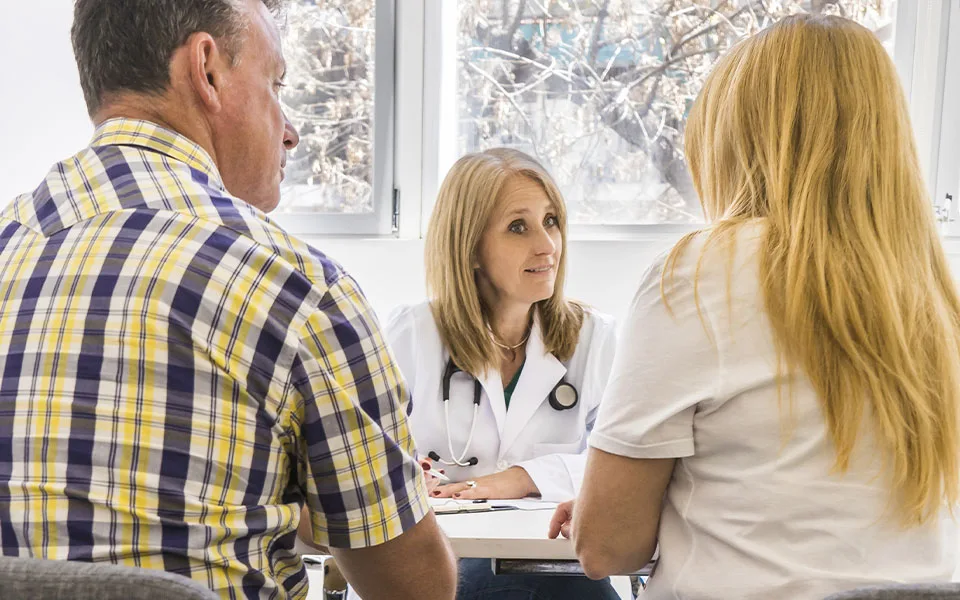
Meet Our Expert Team

Brian Kaszuba
Doctor/Medical Director

Briana Theocharides
Lead Tech/Operational Manager

Jim Jobin
Clinical Director/LCPC
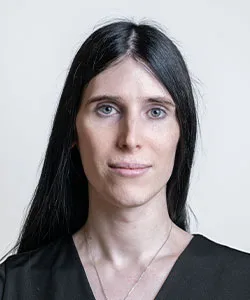
Jamie McAleer
Mental Health Counselor

Wyconda Hopkins
CADC-I
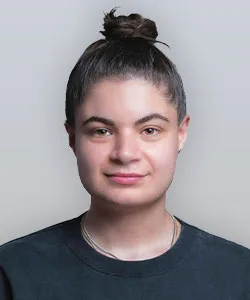
Ani Alvadzhyan
Quality Assurance
Frequently Asked Questions
Is marijuana detox really necessary?
Yes. While marijuana withdrawal is typically not life-threatening, it can cause uncomfortable symptoms like insomnia, anxiety, irritability, and intense cravings. These symptoms can lead to relapse if not properly managed. A structured detox program provides a safe, supportive space to begin recovery.
Is marijuana actually addictive?
Yes. According to the National Institute on Drug Abuse, about 30% of people who use marijuana may develop a use disorder. When someone uses marijuana frequently and cannot stop despite negative consequences, professional treatment is often needed.
How long does marijuana detox take?
Marijuana detox typically lasts 7 to 14 days. However, THC (the psychoactive component of cannabis) can remain in the body for weeks, especially in heavy users. Withdrawal symptoms usually peak within the first week and gradually improve.
What are common withdrawal symptoms from marijuana?
Typical symptoms include:
• Irritability and mood swings
• Trouble sleeping or vivid dreams
• Loss of appetite
• Anxiety and restlessness
• Cravings for marijuana
Our detox team helps ease these symptoms through a combination of supportive care, therapy, and holistic wellness services.
Can I detox from marijuana at home?
While some people try to quit on their own, doing so without support increases the risk of relapse. In a supervised detox setting like BetterChoice, you’ll receive emotional support, structure, and expert guidance that makes the process easier and more effective.
Will I receive medication during marijuana detox?
There are no FDA-approved medications specifically for marijuana withdrawal, but we may provide supportive medications to help with anxiety, insomnia, or other discomforts. Each detox plan is personalized to fit your symptoms and medical history.
What happens after detox?
Detox is only the first step in recovery. After completing marijuana detox, clients at BetterChoice transition into inpatient rehab, where they receive therapy to address emotional triggers, learn coping skills, and begin building a sober lifestyle.
Marijuana Use & Addiction Statistics
Understanding the scope of marijuana use can highlight the importance of professional detox services. According to the National Institute on Drug Addiction (NIDA):
• Approximately 52.5 million Americans used cannabis at least once in 2021, making it the most commonly used federally illegal drug in the United States.
• In 2022, about 30.7% of 12th graders reported using cannabis in the past year.
• An estimated 30% of people who use marijuana may have some degree of marijuana use disorder.
These statistics underscore the widespread nature of marijuana use and the potential for dependence, emphasizing the need for effective detox programs.
Start Marijuana Detox Today
Take the First Step Toward a Clearer Mind
Whether you’re struggling with daily marijuana use, edibles, or high-potency concentrates, BetterChoice Treatment Center offers a safe, respectful place to begin your recovery.
Our team is here 24/7 to support you with nonjudgmental guidance and medically informed care.
